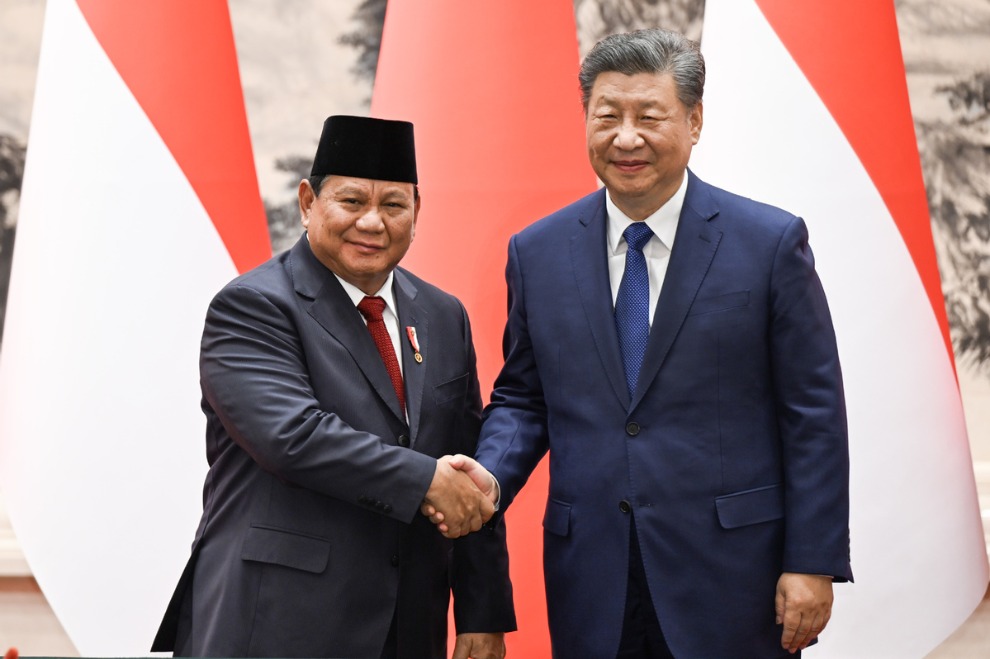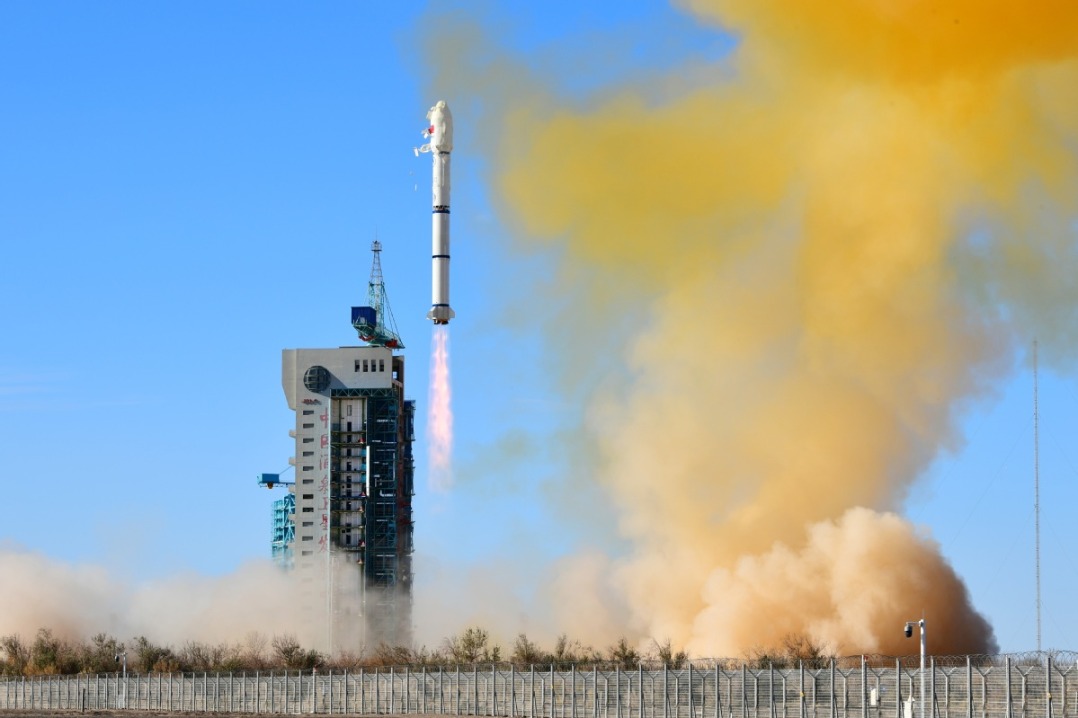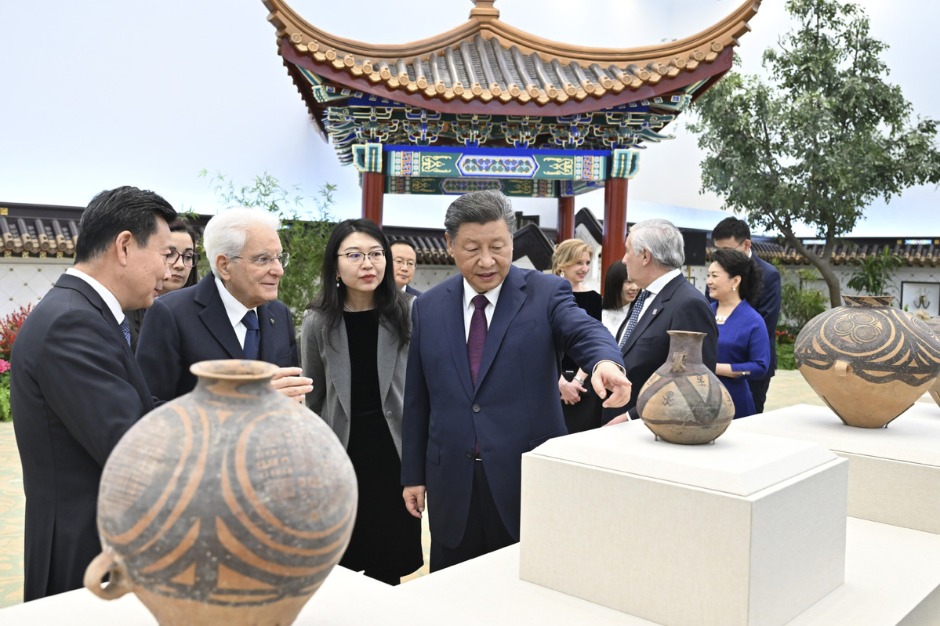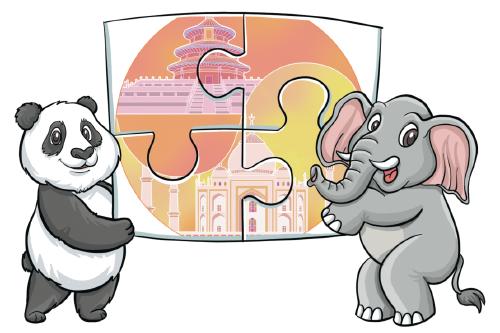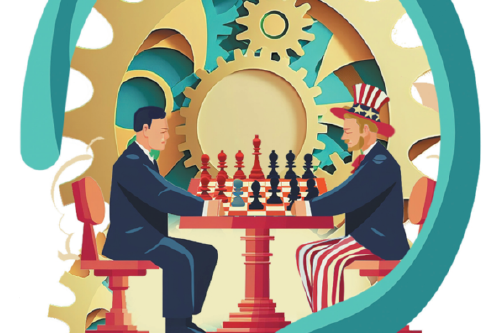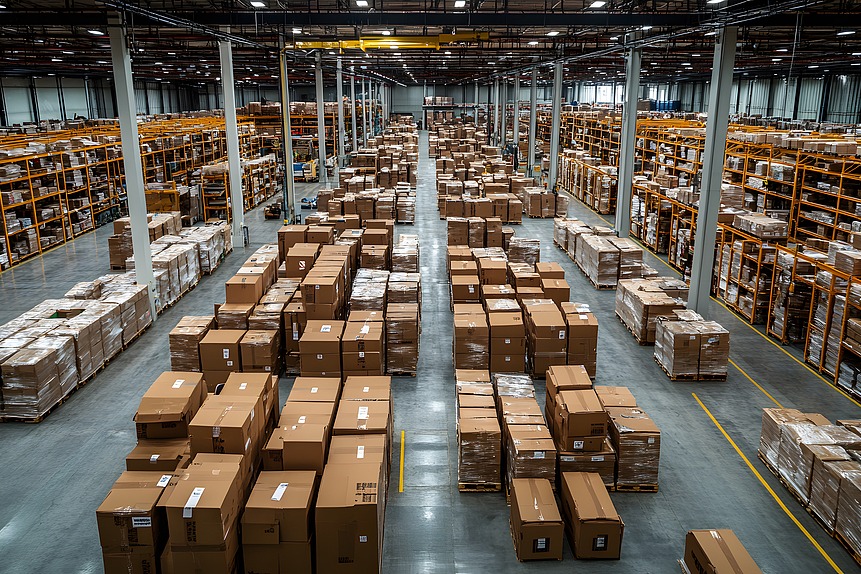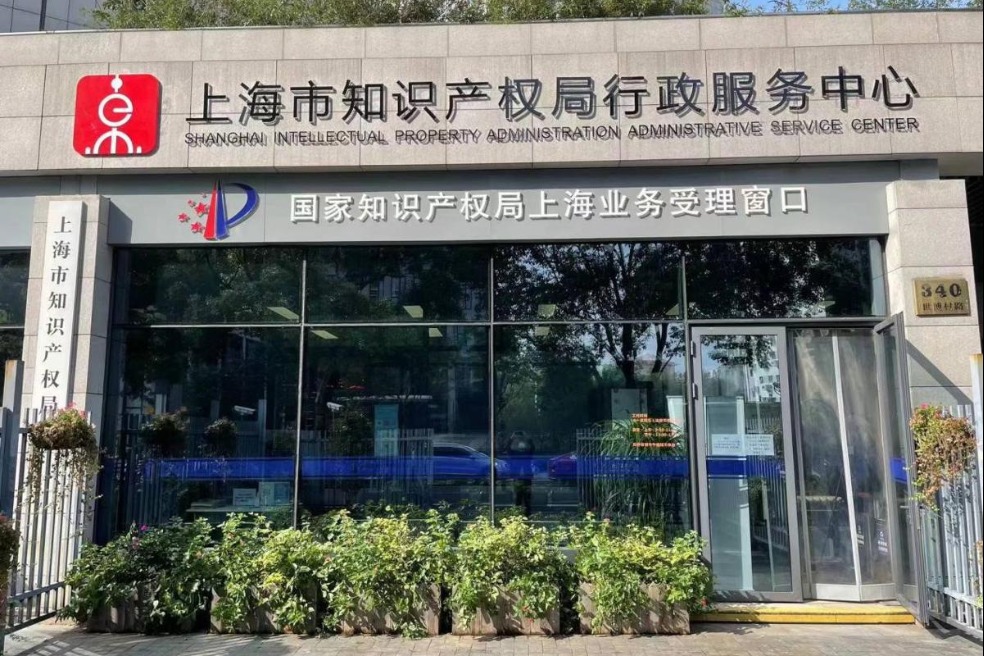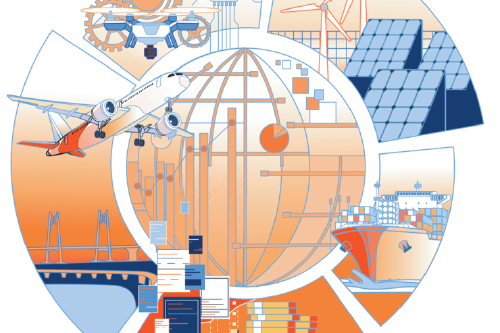Lai's transit through US a risky provocation

Editor's note: Lai Ching-te, chief of the Democratic Progressive Party of the Taiwan island, is scheduled to transit through the United States on his way to attend the inauguration ceremony of Santiago Pena as Paraguayan President later this month. Three experts share their views with China Daily on the issue and the influences it will cast on relations between Beijing and Washington as well as cross-Strait ties.
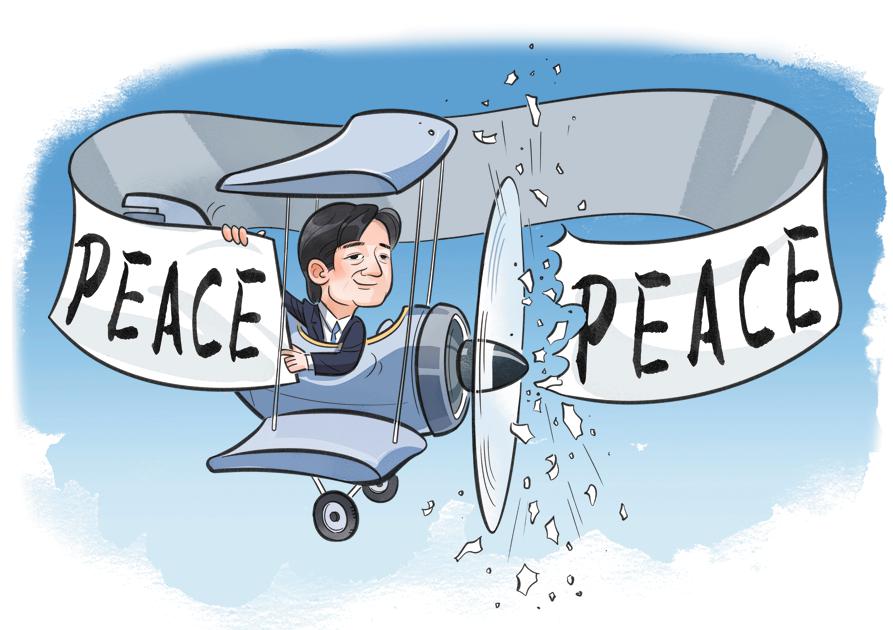
Lai Ching-te, chief of the ruling Democratic Progressive Party in Taiwan, is scheduled to transit through the United States on his way to attend the inauguration ceremony of Santiago Pena as Paraguayan President in the coming days. Given that Lai will contest the island leadership's election in 2024 and is visiting Paraguay just months before the elections, he is likely to leverage the transit through the US to raise his electoral prospects.
However, a recent report in the Financial Times said the US has asked Taiwan to clarify Lai's recent statement about the Taiwan leader "walking into the White House". Calling himself a "pragmatic worker for Taiwan independence", Lai recently said that "when the leader of Taiwan can walk into the White House, our political goals" will be achieved, revealing his pro-independence stance.
Lai's remarks reflect the DPP's shortsightedness and overconfidence. By underestimating the reaction of Beijing and Washington to Lai's remarks, the DPP risks creating a larger crisis.
Lai's remarks have raised concerns within the Joe Biden administration, because they imply that the island election candidate is seeking something like "state-to-state ties" between the island and the US. This characterization is significant, as it indicates the direction the DPP is likely to take if it wins the 2024 election.
But recent statements by US officials, including Secretary of State Antony Blinken's reiteration that the US adheres to the "one-China policy", show that the US does not support Lai's idea.
Lai's claim shows he is trying to mislead Taiwan voters with illusory promises, because even the highest-ranking Taiwan official dare not enter the White House because of Beijing's objections. By promoting his transit through the US on his way to Paraguay and projecting it as an opportunity to secure US endorsement, Lai has crossed the redline set by the 1992 Consensus and the three joint communiques between Beijing and Washington.
Beijing has repeatedly warned against any form of official exchanges between Washington and Taipei and any separatists visiting the US under any pretext or justification.
The entire Lai episode has cast a shadow over Sino-US relations, potentially setting off an unpredictable chain of events. Many say Lai's transit through the US has become a tightrope for Washington.
Hence, the US needs to avoid upsetting the delicate balance in Sino-US relations. Although Blinken claimed Lai's transit through the US is a "routine" matter, he asserted that the US hasn't changed its "one-China policy" or its stance on the Taiwan question. And a US State Department spokesperson said Lai's transit coincides with Taiwan's 2024 election campaign, but the US will refrain from favoring any candidate or party in the election. Such statements from US government departments and officials seem to be aimed at managing the potential harms arising from Lai's transit.
The US is emphasizing that it is adhering to "customary practices" in dealing with Lai's transit in a desperate bid to downplay the situation. This approach most likely is designed to address Beijing's concerns and safeguard the mid — to long-term development of Sino-US relations.
However, it's the US that should not make any attempts or encourage Taiwan to change the status quo across the Taiwan Strait.
Lai's failure to grasp the intricacies of Washington-Beijing relations has led him to pursue his unrealistic "political objective" of entering the White House. From the US perspective, such a stance lacks pragmatism and can create a serious crisis between the US and China.
Given Lai's position as the second-highest official of the island and his highly objectionable pro-independence stance, as well as the pressure from Beijing, his transit through the US is unlikely to yield any benefits. But it will surely deal another blow to Sino-US relations.
As for whether Beijing will take countermeasures, it will depend on the severity of the situation, but the ripple effects are sure to have an impact on the cross-Strait situation and Sino-US relations.
The author is a professor of the cross-Strait relations and international relations at Fu Jen Catholic University in Taiwan.
The views don't necessarily represent those of China Daily.


















